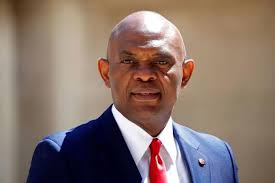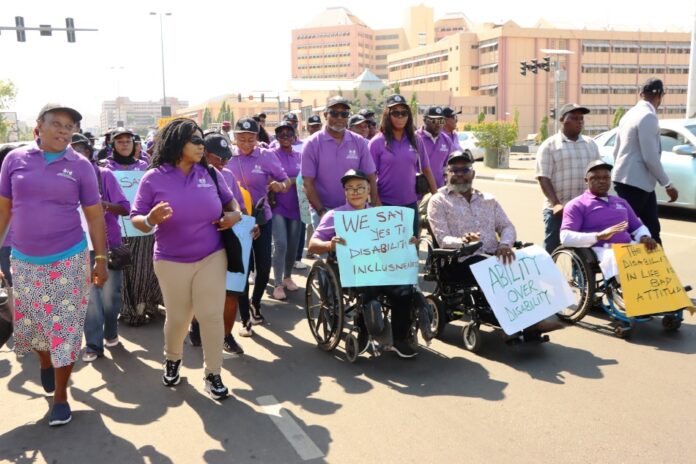WHO Declares Liberia Ebola-Free
The World Health Organisation (WHO) has declared that the Ebola outbreak in Liberia is over.
In a statement made available to Daily Times on Saturday titled: ‘The Ebola outbreak in Liberia is over’, it says, “Forty-two days have passed since the last laboratory-confirmed case was buried on 28 March. The outbreak of Ebola virus disease in Liberia is over.
“Interruption of transmission is a monumental achievement for a country that reported the highest number of deaths in the largest, longest, and most complex outbreak since Ebola first emerged in 1976. At the peak of transmission, which occurred during August and September 2014, the country was reporting from 300 to 400 new cases every week.”
During those two months, the capital city Monrovia was the setting for some of the most tragic scenes from West Africa’s outbreak: gates locked at overflowing treatment centres, patients dying on the hospital grounds, and bodies that were sometimes not collected for days.
Flights were cancelled. Fuel and food ran low. Schools, businesses, borders, markets, and most health facilities were closed. Fear and uncertainty about the future, for families, communities, and the country and its economy, dominated the national mood.
Though the capital city was hardest hit, every one of Liberia’s 15 counties eventually reported cases. At one point, virtually no treatment beds for Ebola patients were available anywhere in the country. With infectious cases and corpses remaining in homes and communities, almost guaranteeing further infections, some expressed concern that the virus might become endemic in Liberia, adding another – and especially severe – permanent threat to health.
It is a tribute to the government and people of Liberia that determination to defeat Ebola never wavered, courage never faltered. Doctors and nurses continued to treat patients, even when supplies of personal protective equipment and training in its safe use were inadequate. Altogether, 375 health workers were infected and 189 lost their lives.
Local volunteers, who worked in treatment centres, on burial teams, or as ambulance drivers, were driven by a sense of community responsibility and patriotic duty to end Ebola and bring hope back to the country’s people. As the number of cases grew exponentially, international assistance began to pour in. All these efforts helped push the number of cases down to zero.
Liberia’s last case was a woman in the greater Monrovia area who developed symptoms on 20 March and died on 27 March. The source of her infection remains under investigation. The 332 people who may have been exposed to the patient were identified and closely monitored. No one developed symptoms; all have been released from surveillance.
Health officials have maintained a high level of vigilance for new cases. During April, the country’s five dedicated Ebola laboratories tested around 300 samples every week. All test results were negative.
While WHO is confident that Liberia has interrupted transmission, outbreaks persist in neighbouring Guinea and Sierra Leone, creating a high risk that infected people may cross into Liberia over the region’s exceptionally porous borders.
The organisation said, the government is fully aware of the need to remain on high alert and has the experience, capacity, and support from international partners to do so. WHO will maintain an enhanced staff presence in Liberia until the end of the year as the response transitions from outbreak control, to vigilance for imported cases, to the recovery of essential health services.







